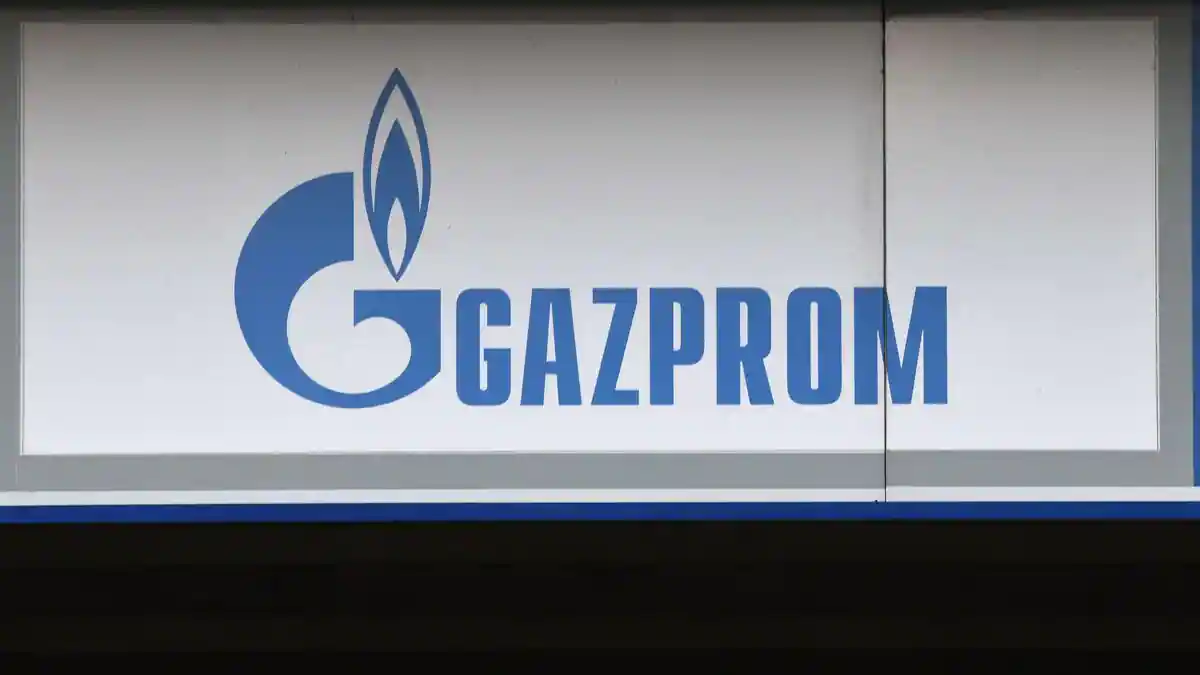Credit rating agency Fitch on Saturday downgraded the debt rating of 28 Russian natural resource groups and said “a default of some kind appears likely.”
• Read also: Spotify puts a line under paying subscribers in Russia
• Read also: What does default mean for Russia?
• Read also: The European Union has added 160 Russians to its blacklist and imposed sanctions on Belarusian funding
Fitch has downgraded gas giant Gazprom, oil company Lukoil, Rusal miners, Polyus, Evraz and 23 other resource companies from B to “mostly CC,” which means it is “likely” that these companies do not meet their financial obligations. .
Ratings of Gazprom and Lukoil were also lowered this week by Moody’s, another rating agency, to a level indicating an extremely high risk of default.
For the rating agency, the authorization of the Russian government to repay debts contracted with countries that appear on the list of “enemy” countries in rubles could harm the ability of these companies to pay their creditors on time.
This list includes, among others, the countries of the European Union, Australia, the United Kingdom, Canada, Monaco, South Korea, the United States, Switzerland and Japan.
This measure is part of a series of measures taken by the Russian government and the country’s central bank to try to limit the fall of the national currency, the ruble, which has lost half its value since January 1 due to the sanctions it imposed on Moscow. The West after the Russian invasion of Ukraine.
Fitch further adds that “continued tightening of sanctions, including restrictions on trade and energy imports, increases the likelihood of a political response from Russia, further weakening its economy, eroding its business environment.”
On Tuesday, the United States announced a ban on imports of Russian oil and gas, such as the United Kingdom’s oil.
In early March, three major rating agencies put Russia’s long-term debt rating in the category of countries likely to be unable to repay its debts due to the backlog of sanctions. Subsequently, Fitch lowered its rating further, stating that the risk of a sovereign debt default was considered “imminent”.
The lower the credit rating, the less confidence the country’s lenders have, and the less it will be able to borrow money at reasonable interest rates.

“Subtly charming problem solver. Extreme tv enthusiast. Web scholar. Evil beer expert. Music nerd. Food junkie.”


